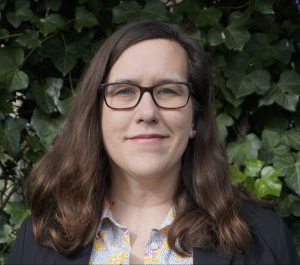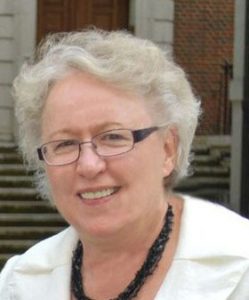The Applicability of “Grievous Religious Persecution” in International Criminal Law: Response to Werner Nicolaas Nel
 Michelle Coleman is a Lecturer in Law at Middlesex University London
Michelle Coleman is a Lecturer in Law at Middlesex University London
In the 10 March 2021 post “In Pursuit of Criminal Accountability for ‘Grievous Religious Persecution’” Werner Nicolaas Nel argues for a new international crime to provide greater accountability for religious persecution. This new crime builds on the definition of the crime of religious persecution as a crime against humanity under Article 7(1)(h) of the Rome Statute of the International Criminal Court (ICC). In Nel’s formulation, the crime becomes grievous through the addition of a requirement that the persecutory conduct is “based on an explicit or implied policy of conscious and intentional discrimination against a particular civilian group, primarily targeted because of their religious identity.” The post argues that this more specific definition of the crime is necessary in order to provide for prosecution on an international level and to close the impunity gap for those crimes which fall within the definition of grievous religious persecution. This more specific definition may help aid the domestic prosecution of international crimes, particularly when universal jurisdiction is being exercised, or following the creation of any future specialized international courts and tribunals, but is unhelpful at the ICC. The existing formulation of religious persecution found in the Rome Statute is adequate and the perceived lack of prosecution of cases involving religious persecution is more easily attributable to the jurisdictional issues, policy, and resources of the International Criminal Court.


